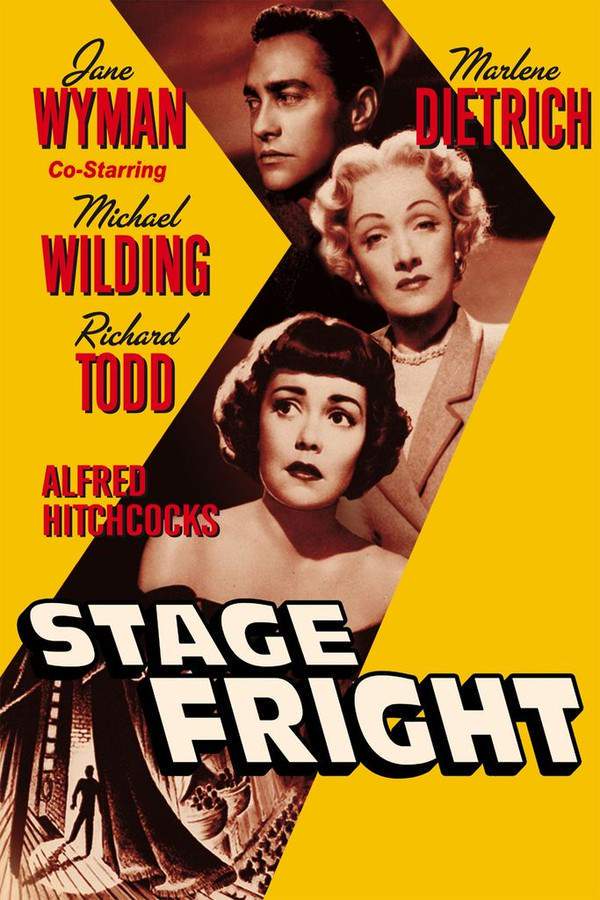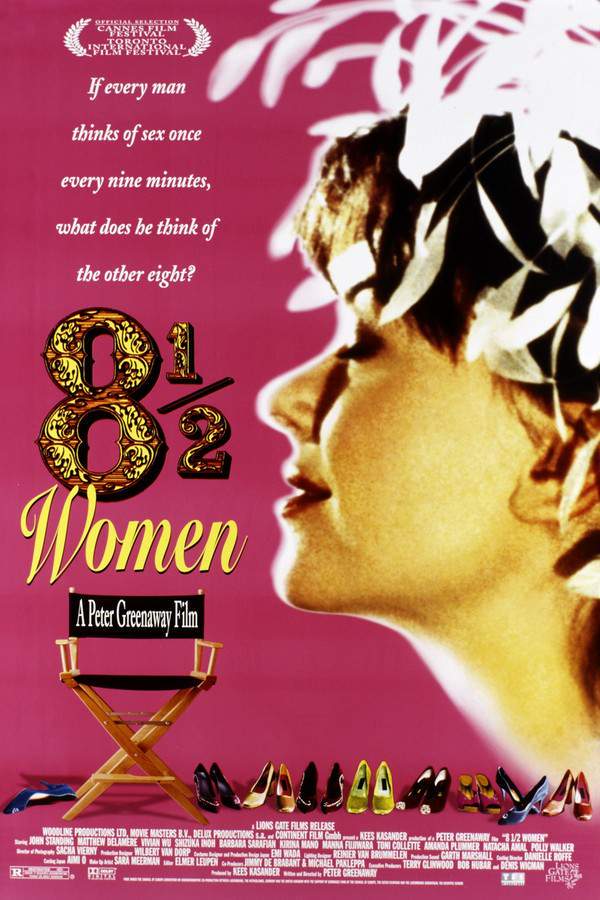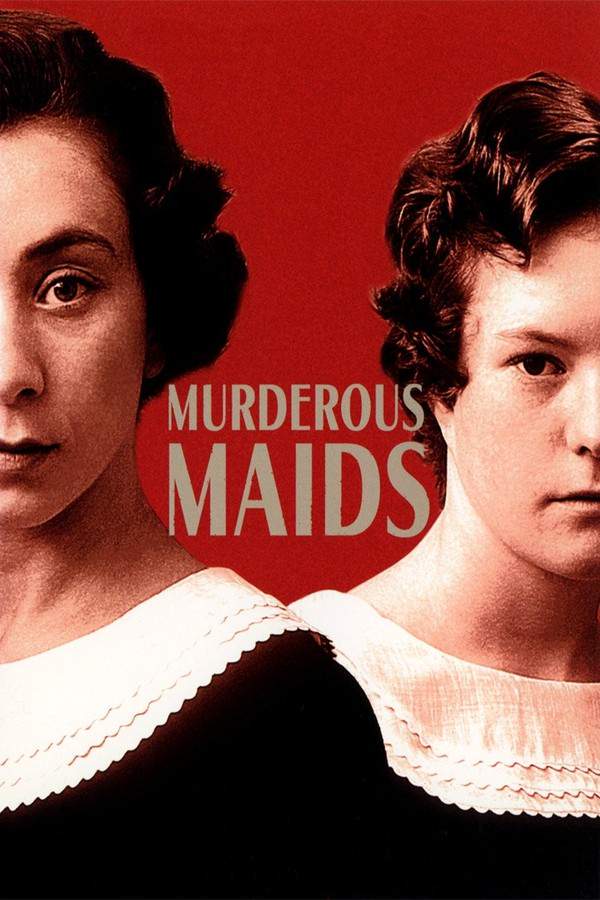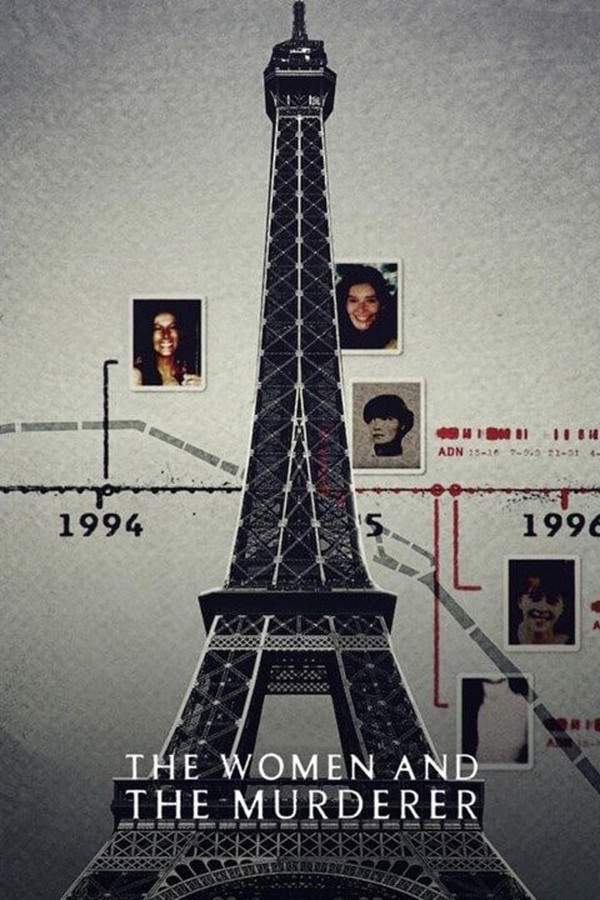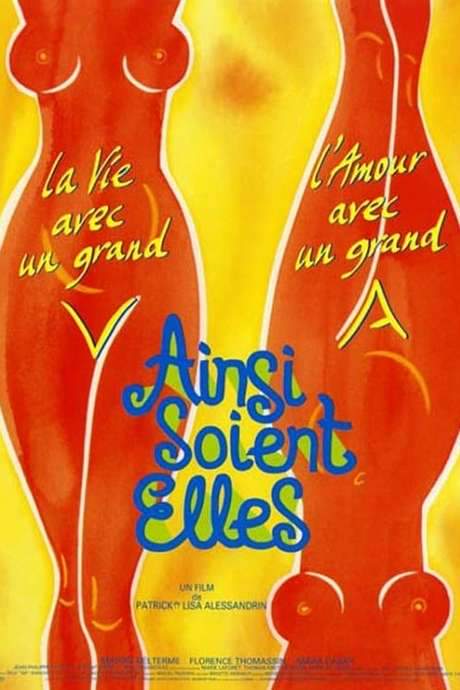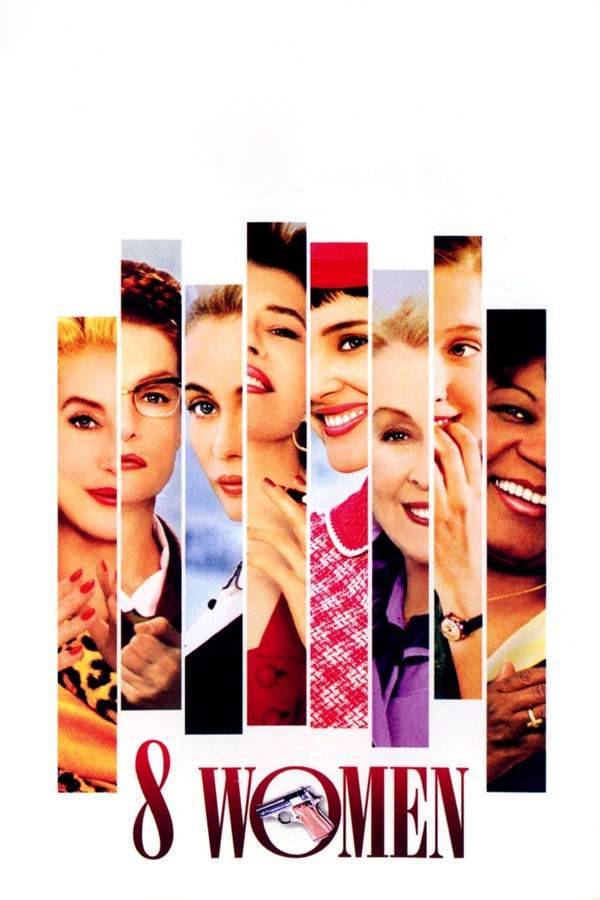
8 Women
Year: 2002
Runtime: 111 min
Language: French
Director: François Ozon
During a holiday celebration in 1950s France, a wealthy patriarch is found murdered in his isolated mansion. Eight women, all connected to him, are gathered as suspects. As the police investigation unfolds, long-held family secrets and resentments surface, leading to comedic misunderstandings and escalating tensions. Each woman has a motive, and the increasingly chaotic atmosphere makes it difficult to determine who committed the crime. The gathering transforms into a hilarious and suspenseful whodunit, where everyone is a suspect.
Warning: spoilers below!
Haven’t seen 8 Women yet? This summary contains major spoilers. Bookmark the page, watch the movie, and come back for the full breakdown. If you're ready, scroll on and relive the story!
8 Women (2002) – Full Plot Summary & Ending Explained
Read the complete plot breakdown of 8 Women (2002), including all key story events, major twists, and the ending explained in detail. Discover what really happened—and what it all means.
The film unfolds in the 1950s within a grand family estate where preparations for Christmas are in full swing. The atmosphere takes a dark turn when the family’s patriarch, Marcel, is discovered dead in his bed with a dagger lodged in his back. With the eerie presumption that the murderer must be one of the eight women present in the house, intrigue and suspicion envelop the gathering.
The story begins with Suzon coming home from school for the Christmas holidays. She reunites with her mother, Gaby](/actor/gaby), her younger sister, Catherine, and her wheelchair-bound grandmother, Mamy, who are deep in conversation in the living room—a central hub for most of the drama to unfold. Their dialogue eventually shifts to family dynamics, particularly focusing on Marcel. Leading the first song, Catherine expresses her discontent with a heartfelt tune, “Papa t’es plus dans le coup” (transl. “Dad, You’re Out of Touch”). The lively singing rouses Suzon and the two women’s aunt, Augustine, who quickly stirs conflict among the family members and servants, Madame Chanel and Louise. The tension escalates to a dramatic moment where Augustine threatens suicide, prompting a seemingly miraculous act from Mamy.
The maid’s routine soon leads her to the grisly discovery of Marcel’s body, sending shockwaves through the household. Catherine locks the door behind her, insisting that they should not disturb the scene until the authorities arrive. As the storm rages outside, they realize that the dogs had not barked the previous night, a chilling indication that the killer must be among them. However, their attempts to call for help are thwarted when they discover the phone line has been sabotaged.
In the midst of the chaos, the entrance of Marcel’s estranged sister, Pierrette, a nightclub performer with a notorious reputation, complicates matters further. Her unexpected arrival is accompanied by the provocative number “A quoi sert de vivre libre” (transl. “What’s the Point of Living Free?”), teasing layers of her past with Marcel. As suspicions rise, the women grapple with identifying the murderer. Secrets unfold, revealing that Suzon has hidden her pregnancy from her father, expressing her tumult in a poignant duet with Catherine titled “Mon amour, mon ami” (transl. “My Lover, My Friend”).
The spotlight shifts between the women and their pasts—Madame Chanel is entangled in a love affair with Pierrette, raising eyebrows and igniting confrontation among the family. As each woman’s history surfaces, the complex web of relationships becomes more evident. During this turmoil, Mamy reveals she possesses significant financial assets that could have potentially rescued Marcel from his financial woes, leading to threats and accusations.
In its climax, the narrative pivots as Catherine shares a shocking twist—her alleged complicity in Marcel’s staged demise was rooted in her desire to expose the truth about the family. The chaotic revelations reach a pinnacle when Marcel, in a tormented act, takes his own life, leaving the women in a state of shock. The film concludes with the haunting melody “Il n’y a pas d’amour heureux” (transl. “There is no Happy Love”), sung by Mamy, as the women join hands, facing an audience aware of their shattered bonds and secrets.
Last Updated: November 08, 2024 at 01:46
Explore Movie Threads
Discover curated groups of movies connected by mood, themes, and story style. Browse collections built around emotion, atmosphere, and narrative focus to easily find films that match what you feel like watching right now.
Chaotic whodunits like 8 Women
Murder mysteries where a confined group of suspects turns on each other.If you enjoyed the claustrophobic chaos and unraveling secrets of 8 Women, you'll like these movies. This thread features stylish whodunits where a group of suspects is trapped together, leading to fast-paced investigations, shifting allegiances, and dramatic reveals in an isolated setting.
Narrative Summary
The narrative typically begins with a crime that traps a group of interconnected people together. As an investigator (internal or external) probes, long-hidden secrets are violently unearthed. The story unfolds through a series of accusations and confessions, building to a climax that re-contextualizes everyone's motives and actions, often leaving relationships permanently fractured.
Why These Movies?
These films are grouped by their shared structure of a confined 'locked-room' mystery, a fast pace driven by revelation, and a tone that expertly blends tension with theatrical or comedic elements. They deliver a specific kind of intellectual and chaotic entertainment.
Theatrical family farces like 8 Women
Stories where serious family secrets explode into comedic, melodramatic spectacle.For viewers who liked the blend of family drama, dark secrets, and theatrical comedy in 8 Women. These movies share a similar vibe where serious themes are presented with a playful, melodramatic flair, often feeling like a staged performance with emotional depth.
Narrative Summary
The narrative pattern involves a gathering that forces a dysfunctional family or group to confront long-buried truths. The revelations are delivered in a heightened, often performative way, leading to chaotic and comedic misunderstandings. The emotional journey is bittersweet, concluding not with perfect resolution but with an acceptance of the damage done, often underscored by a melancholic or reflective tone.
Why These Movies?
This thread groups films based on their unique tonal cocktail: a mix of genuine drama and farcical comedy, a theatrical or staged presentation, and a focus on the explosive unveiling of family secrets. The experience is defined by this specific emotional and stylistic blend.
Unlock the Full Story of 8 Women
Don't stop at just watching — explore 8 Women in full detail. From the complete plot summary and scene-by-scene timeline to character breakdowns, thematic analysis, and a deep dive into the ending — every page helps you truly understand what 8 Women is all about. Plus, discover what's next after the movie.
8 Women Timeline
Track the full timeline of 8 Women with every major event arranged chronologically. Perfect for decoding non-linear storytelling, flashbacks, or parallel narratives with a clear scene-by-scene breakdown.

Characters, Settings & Themes in 8 Women
Discover the characters, locations, and core themes that shape 8 Women. Get insights into symbolic elements, setting significance, and deeper narrative meaning — ideal for thematic analysis and movie breakdowns.

8 Women Spoiler-Free Summary
Get a quick, spoiler-free overview of 8 Women that covers the main plot points and key details without revealing any major twists or spoilers. Perfect for those who want to know what to expect before diving in.

More About 8 Women
Visit What's After the Movie to explore more about 8 Women: box office results, cast and crew info, production details, post-credit scenes, and external links — all in one place for movie fans and researchers.

Similar Movies to 8 Women
Discover movies like 8 Women that share similar genres, themes, and storytelling elements. Whether you’re drawn to the atmosphere, character arcs, or plot structure, these curated recommendations will help you explore more films you’ll love.
Explore More About Movie 8 Women
8 Women (2002) Scene-by-Scene Movie Timeline
8 Women (2002) Movie Characters, Themes & Settings
8 Women (2002) Spoiler-Free Summary & Key Flow
Movies Like 8 Women – Similar Titles You’ll Enjoy
Murder Mystery (2019) Movie Recap & Themes
8 ½ Women (2000) Spoiler-Packed Plot Recap
Murderous Maids (2002) Detailed Story Recap
The Women (2008) Complete Plot Breakdown
The Husbands, the Wives, the Lovers (1989) Story Summary & Characters
Ten Little Mistresses (2023) Full Movie Breakdown
7 Women and a Murder (2021) Ending Explained & Film Insights
Women (1995) Spoiler-Packed Plot Recap
Lady of Burlesque (1943) Movie Recap & Themes
Club de femmes (1936) Movie Recap & Themes
Woman Times Seven (1967) Spoiler-Packed Plot Recap
8 Dates (2008) Complete Plot Breakdown
The Good Girls (1960) Plot Summary & Ending Explained
Femmes femmes (1974) Story Summary & Characters
Dinner at Eight (1989) Ending Explained & Film Insights




















